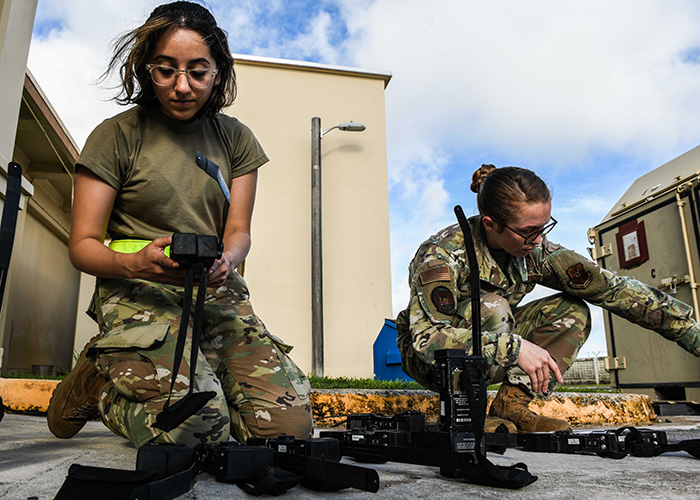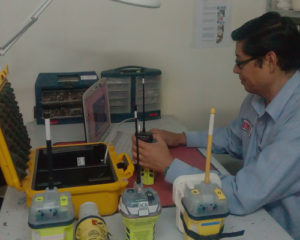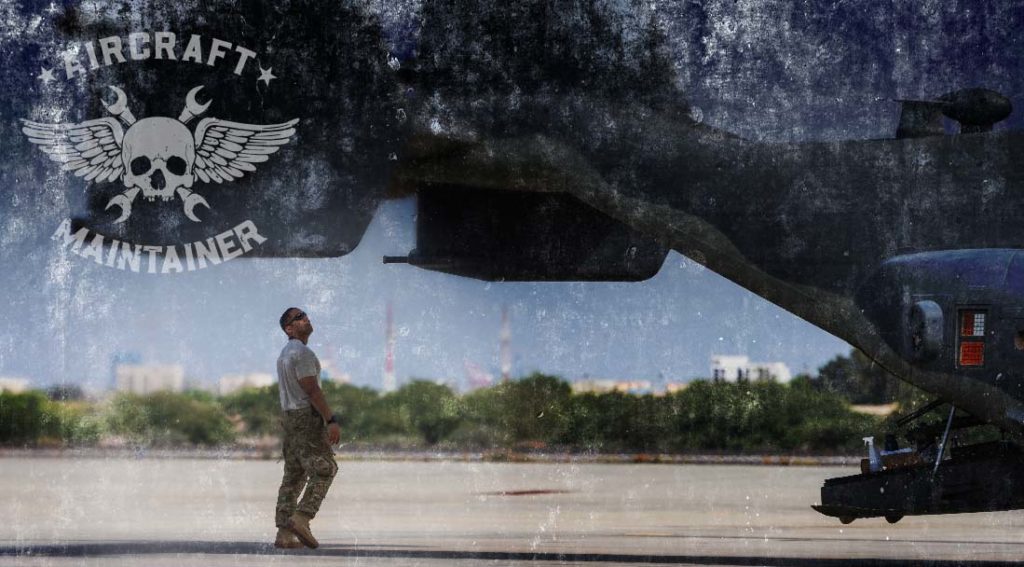Uncategorized
How Aircrew Flight Equipment (AFE) personnel benefit from obtaining the FCC General Radio Operating License
How Aircraft Flight Equipment (AFE) Personnel Benefit with the FCC General Radio Operator License
AIRCREW FLIGHT EQUIPMENT (AFE) TECHNICIANS
Aircraft flight equipment technicians can benefit from an FCC General Radio Operator License in many ways. To begin, the General Radio Operator License (GROL) enables you to internally repair, maintain and adjust radio equipment in 32 industries. Two of these industries are aviation and maritime.
The FCC exists to mandate 24-hour radio communications on board all aircraft and maritime vessels. The FCC oversees both monitoring emergency frequencies and governing and assigning radio traffic frequencies. The FCC was created to help prevent large scale tragedies like the Titanic or ensure that rescue teams will be able to help in the event of such accidents.

Our military aircraft currently use survivor radio and personnel locator systems that consist of voice and secure data, Satellite Communications (SATCOM) and Low Probability of Exploitation, Ultra High Frequencies, Search and Rescue Satellite Aided Tracking System Multi-Band/Broadband, Very High Frequency, Military GPS and more. AFE technicians maintain and repair these components during daily operations and already have the technical skills required to maintain these same systems in the civilian sector. AFE technicians maintain the systems used by search and rescue control centers for aircrew recovery in case of an emergency. The importance of maintaining such systems is critical and the responsibility of maintaining these systems properly can be the difference between life and death.
USE IN A CIVILIAN SECTOR
Just as military aircraft use survivor radio and personnel locator systems, civilian aircraft and maritime vessels also rely on these same emergency systems. For example, the Emergency Position Indicating Radio Beacon, or EPIRB, is a system which alerts search and rescue services in the event of an emergency. Once the EPIRB is activated, it transmits a coded message on a specific frequency via satellite and earth stations to the nearest fixed rescue radio station. Some EPIRBs include built-in GPS that can alert rescue services to accurately locate personnel with coordinates. 
AFE technicians who obtain the FCC General Radio Operator License will validate their knowledge and skills they already have. All skills learned while maintaining components during daily operations will now have a license to match. The GROL certifies technicians to work on similar components in the civilian sector. In many cases, civilian positions require the GROL to even apply for the posted job. This lifetime license is valuable if an AFE specialist decided to pursue a civilian job in numerous industries after their first term or retirement. The FCC General Radio Operator License also qualifies for CCAF credits dependent on the AFSC. This can be the perfect EPR education bullet.
More information about FCC (General Radio Operator License) GROL HERE
Enjoy this post? Check out more blog reading material about the FCC GROL HERE

